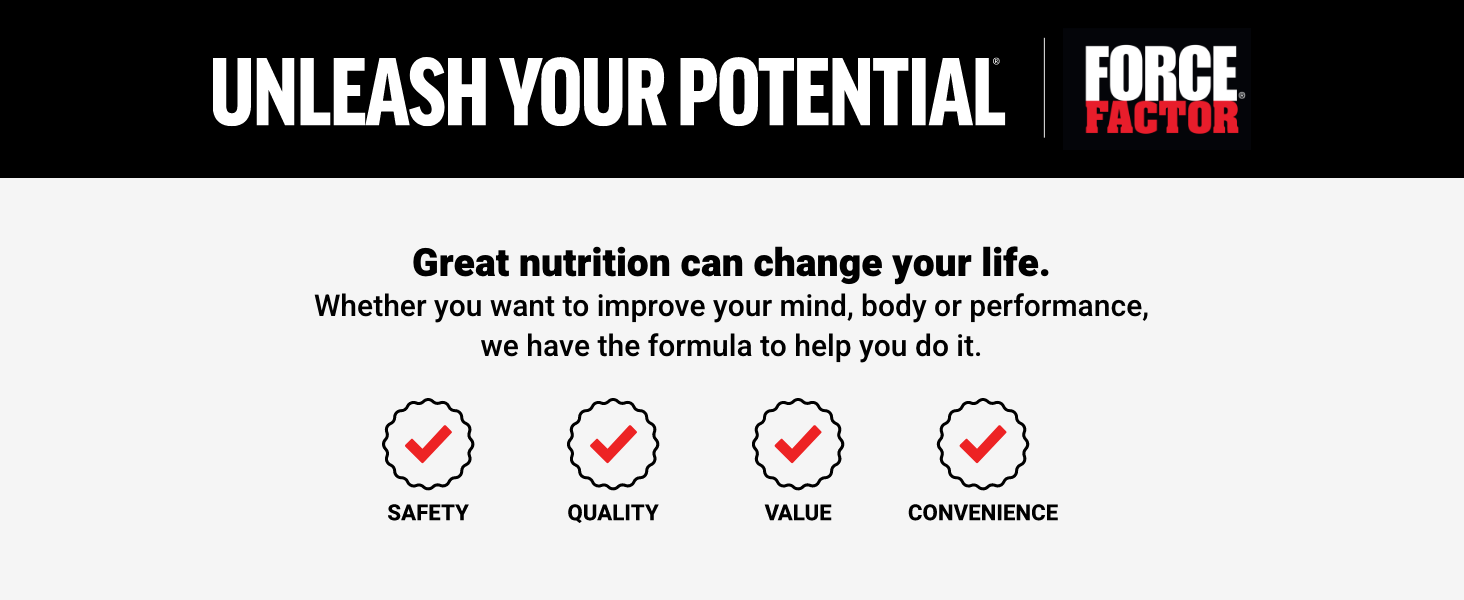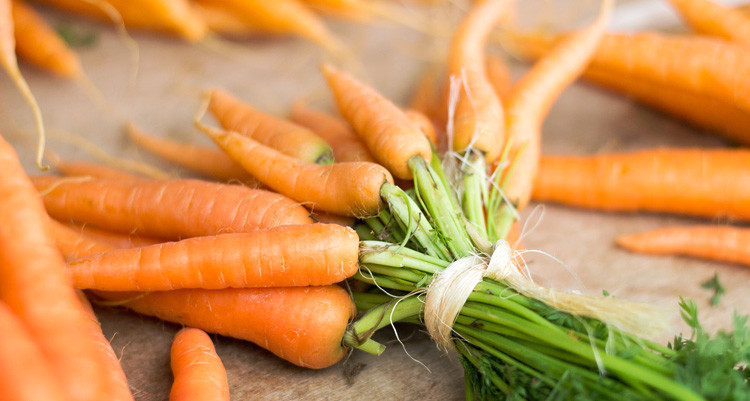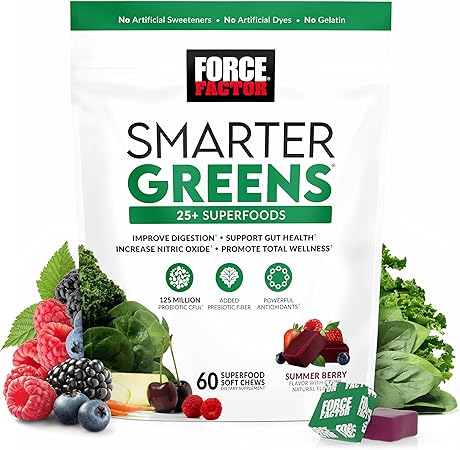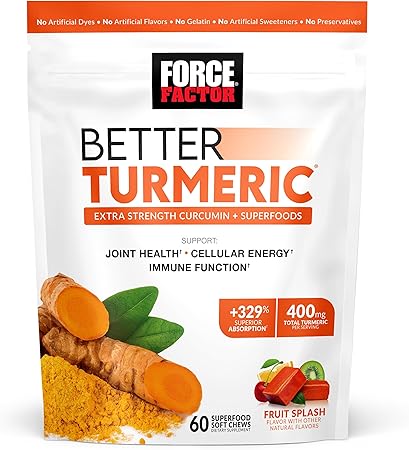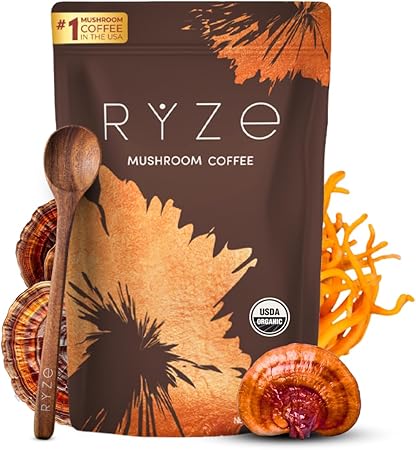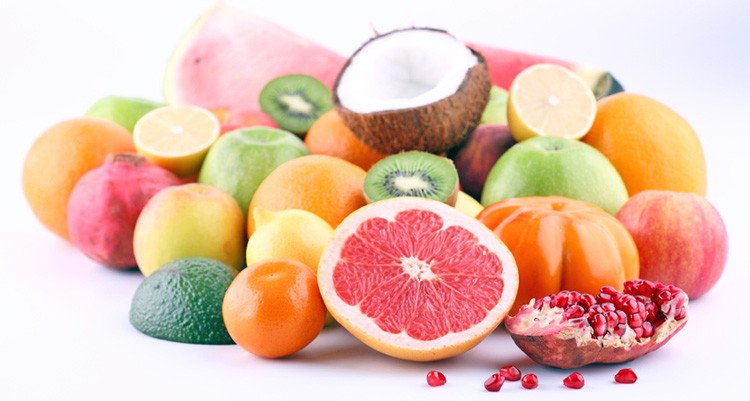
It’s no wonder so many Americans suffer with constipation (4 million of us, to be exact). Our diet of meat and processed food contains little fiber. Most of us are lucky if we’re getting in half of the 30 grams of fiber that we should each day. Without that bulk in our diet, it can make bowel movements immovable. The human digestive tract was designed for unprocessed plant foods that are loaded with dietary fiber: beans, leafy greens, fresh and dried fruits, vegetables and whole grains. High levels of dietary fiber increase both the frequency and quantity of bowel movements, decreasing the transit time of stools, as well as the absorption of toxins from the stool. Drink at least eight to twelve 8-oz. glasses of clean water per day. Hard, dry stools are a classic sign of dehydration. A good rule of thumb is to drink a glass of water when you...

